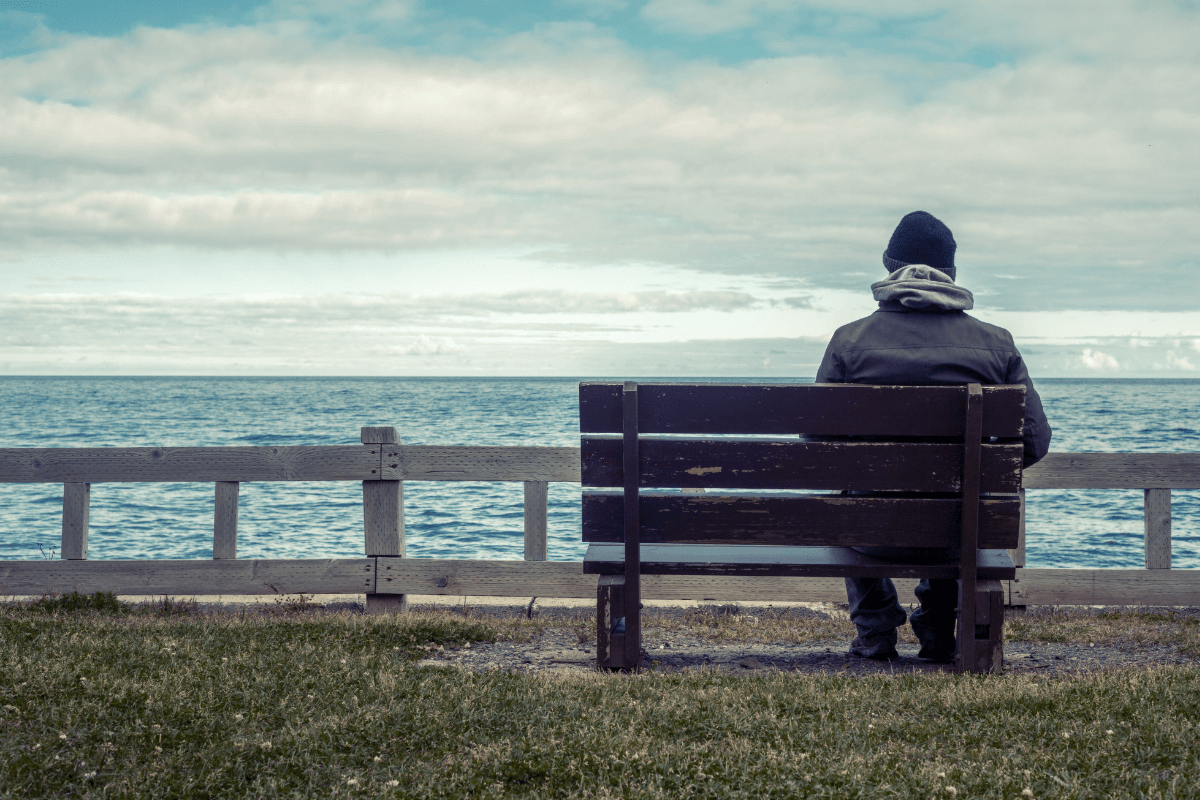Humans need social connection, but we also need alone time. Being alone can be relaxing, meditative, and restorative.
It’s important to balance your social life with some solo weekends. Even extroverts can find “me time” beneficial to recharge their social batteries.
But there are times when healthy solitude becomes prolonged social isolation, and this can be a sign there’s something else going on.
Issues such as anxiety, depression, and low self-esteem often result from social isolation – but they can also cause it.
We explore the signs of unhealthy isolation here, along with advice if you’re struggling with social withdrawal and isolation.
You avoid friends and family
Maybe you’ve stopped initiating catchups and started declining invitations. Or maybe you’re dodging contact with loved ones altogether – including texts and calls.
Again, opting for alone time over social interaction isn’t always a bad thing. But if the idea of seeing your loved ones is overwhelming, or responding to their texts is draining, this could be a sign of unhealthy isolation.
You cancel plans frequently
Do you accept social invitations only to spend the following days thinking of an excuse to cancel? Do you feel a sense of relief when someone else cancels social plans?
If you’re a no-show to most events in your social calendar – particularly those that were once enjoyable – you may be experiencing unhealthy social withdrawal.
You experience anxiety around socialising
It’s normal to get nervous before socialising or meeting new people from time to time. We’ve all been there.
But if social situations trigger sweating, shaking, nausea, a pounding heart, and excess worry that you’ll do or say something wrong, you may be experiencing social anxiety.
Research shows almost 11% of Australians experience social anxiety at some point in their lives.
This anxiety can lead us to withdraw from the world around us because we feel safer on our own.
We offer advice for dealing with social anxiety in this blog post.
You feel numb around others
Do you feel emotionally ‘numb’ and unable to share or connect with people?
You may no longer be interested in, or have the capacity to contribute to, what were once fulfilling connections. Maybe small talk just feels like too much effort when you have bigger things on your mind. Or perhaps you don’t feel like people understand you, so there’s no point opening up.
How to overcome social withdrawal
It’s important to remember that there are many reasons why someone might socially isolate themselves (family commitments, workload, physical health), but it can be a sign of depression or mental ill health.
When you’re in that headspace, it can be hard to find the motivation to socialise again.
We recommend gradually counteracting social withdrawal by reaching out to your closest friends and family one at a time.
Make a list of the people in your life you want to reconnect with. These should be the people who make you feel most comfortable to be yourself and not nervous about what they’ll think of you.
Get in contact and schedule an activity that you genuinely enjoy and doesn’t drain you.
If you feel safe to do so, you might even like to open up about how you’ve been feeling and why you’ve been M.I.A lately. You might be surprised by how understanding your loved ones are and how much relief you can get from sharing the load.
If you need someone to talk to, our counsellors offer a safe space to explore your thoughts and feelings and find coping strategies that work for you.
You can learn more about our counselling service here, or call 1300 364 277 to make an appointment.
We offer some great tips to avoid loneliness as an introvert here.

